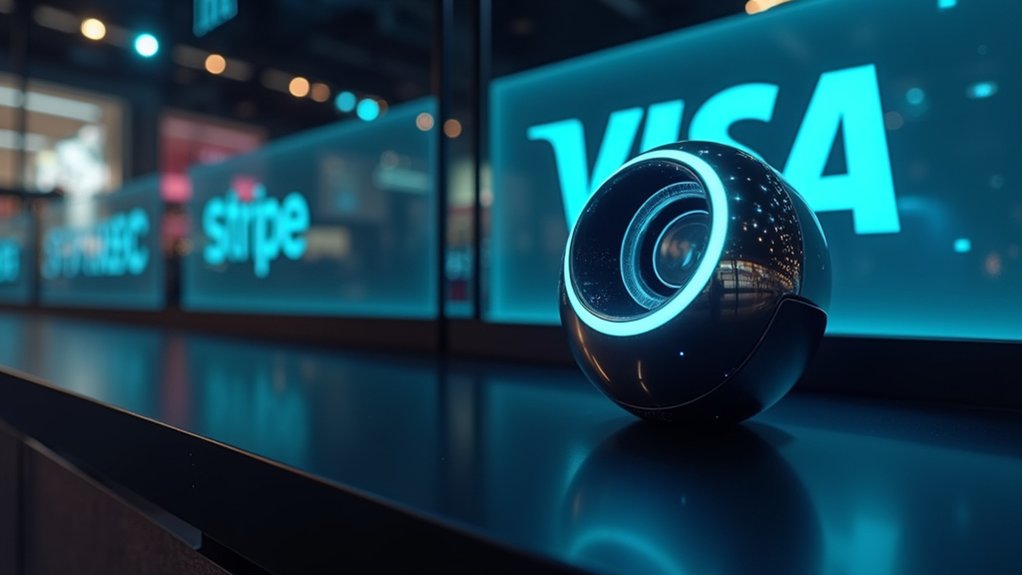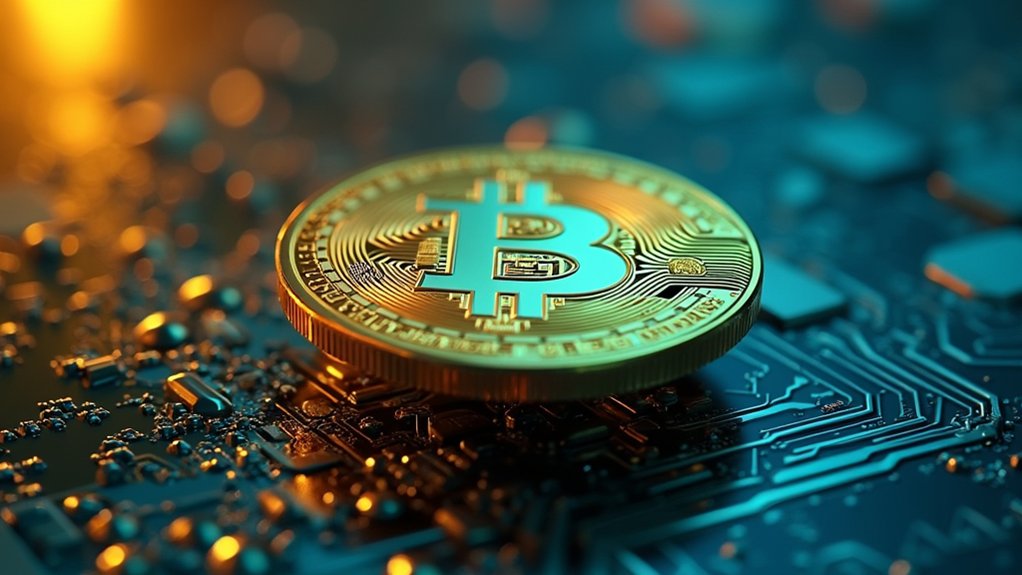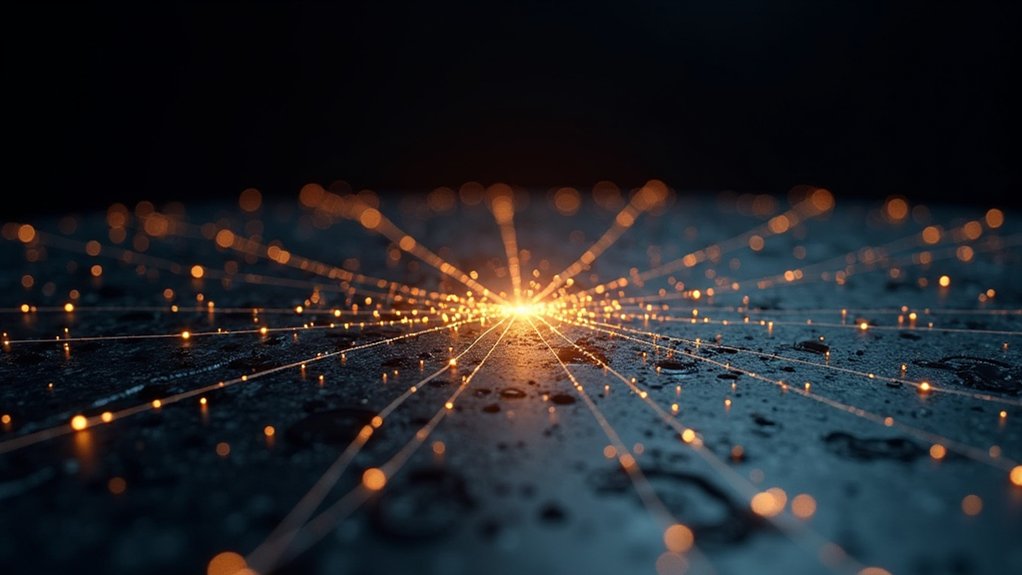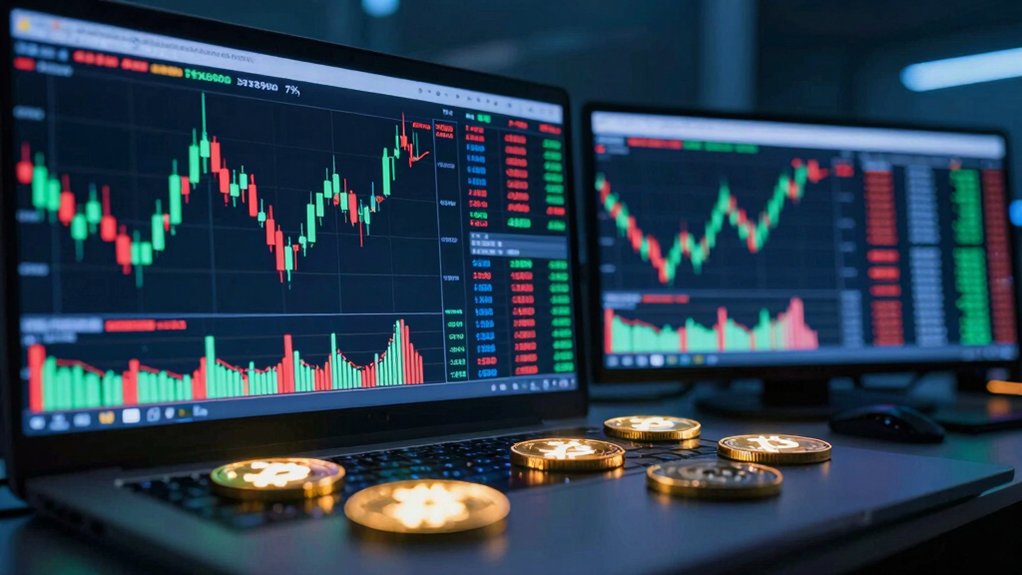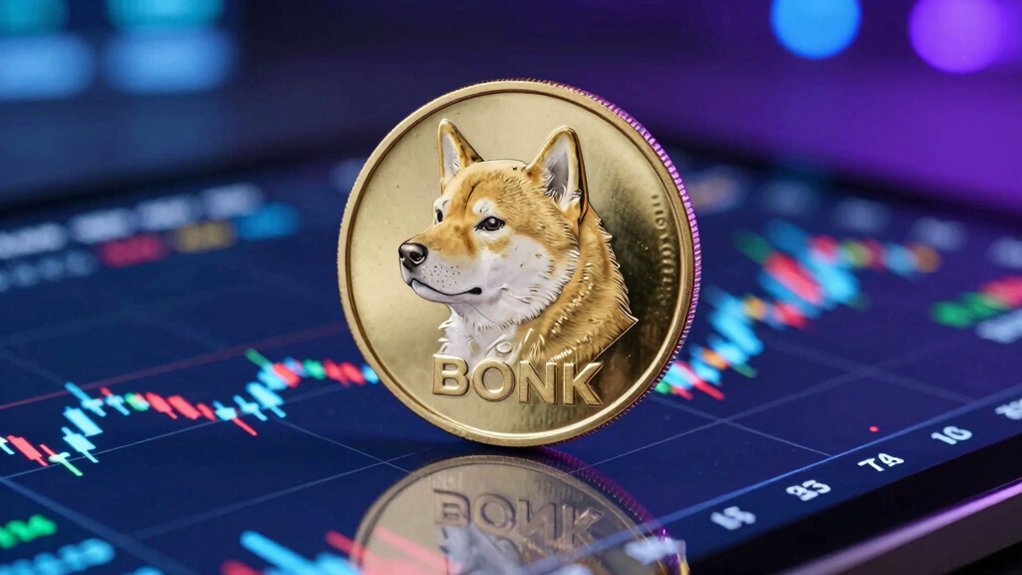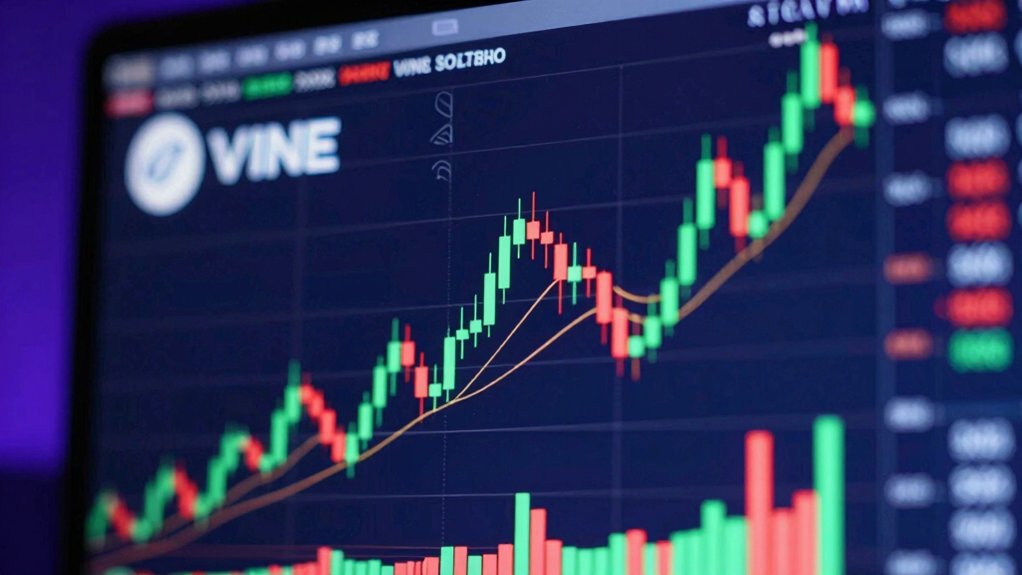The bold arrival of World, formerly Worldcoin, feels like a sci-fi plot stepping off the screen into reality, co-founded by OpenAI’s own Sam Altman.
Imagine a sleek, spherical Orb staring back at you, scanning your iris with a faint, futuristic hum.
It’s not just tech—it’s a ticket to proving you’re human in an AI-drenched world.
Launched in 2019 and rebranded in 2024, World finally hit the US on April 30, 2025, after dodging regulatory shadows around crypto tokens.
Now, it’s here, bold and unapologetic.
Six cities—Atlanta, Austin, Los Angeles, Miami, Nashville, San Francisco—host the first “World Spaces” and partner spots like Razer stores, where Orbs gleam like alien artifacts.
Envision this: 7,500 of these devices rolling out by year’s end, assembled in Richardson, Texas.
Their mission? Create a World ID, a digital badge of humanity, not by storing your eye data but through clever zero-knowledge proofs.
It’s privacy with a wink—unless you opt to back up your biometric bits.
World’s vision stretches far, aiming to authenticate humans online against scams and deepfakes, maybe even paving the way for AI-funded Universal Basic Income.
New US users get 16 WLD tokens for a scan, while early birds snag a 150 WLD “pioneer grant.”
Partnerships add spice—Visa’s crafting a World card for spending crypto at checkout, Stripe’s eyeing payment bridges, and Match Group tests World ID on Tinder in Japan.
Secure swipes, anyone?
Skeptics might squint at this shiny future, wondering if it’s a utopia or a surveillance trap.
Yet, there’s allure in democratizing digital access.
Old-school trust clashes with blockchain boldness here.
Will you stare into the Orb, or blink and look away?
The choice hums with possibility.
